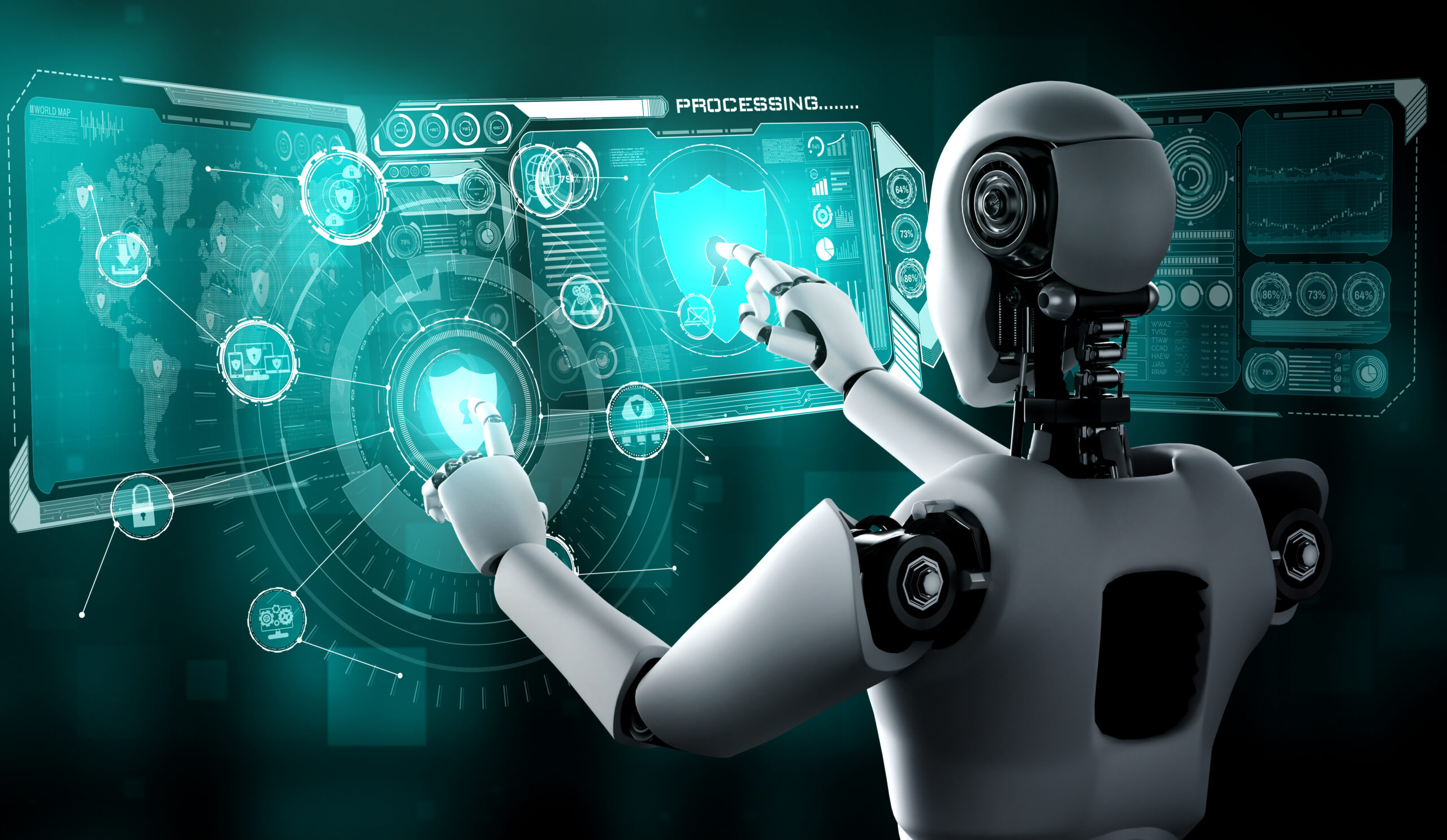Personalized user experiences have been significantly redefined in recent years thanks to advancements in artificial intelligence AI software tools. These tools leverage machine learning algorithms to analyze user behavior, preferences, and interactions, enabling them to provide more relevant content, products, and services. The core of this transformation lies in the ability of AI systems to understand individual needs and tailor responses accordingly. Unlike traditional methods, where content was one-size-fits-all, AI allows for dynamic, individualized experiences that evolve based on user interactions? One of the key aspects of these personalized experiences is the integration of natural language processing NLP into AI software. NLP enables systems to understand and respond to human language more effectively, enhancing communication between users and platforms. This means that customer service, for instance, can become more intuitive and responsive. Through AI, users can ask questions in natural language, and the system can interpret these questions and provide relevant answers, mimicking human-like conversation.

Furthermore, AI tool reviews have personalization extends beyond simple content recommendations. It now encompasses the entire user journey, from discovery to conversion. Through predictive analytics, AI can anticipate what users might need next based on their past behavior, preferences, and interactions. This allows platforms to not only recommend products or services but also guide users through their decision-making process, nudging them towards choices that are aligned with their interests and needs. This holistic approach helps create a more satisfying and frictionless experience for the user, increasing engagement and satisfaction. In addition, personalized experiences are enhanced by the use of AI in analyzing large datasets. Machine learning algorithms can sift through vast amounts of data, identifying patterns that would be impossible for humans to detect. This data-driven approach allows platforms to offer highly targeted recommendations, whether it is content, products, or services. It also enables businesses to understand customer segments better and tailor their offerings accordingly.
Moreover, the ability of AI to adapt in real time is a game-changer in personalized user experiences. Unlike static systems that rely on fixed algorithms, AI systems can adjust their responses based on ongoing user interactions. This adaptability ensures that users receive content that is not only relevant but also timely. Whether it is adjusting recommendations based on seasonal trends or responding to a user’s recent actions, real-time adaptation helps in maintaining user engagement and satisfaction. It also allows for a more dynamic relationship between the user and the platform, where the experience continues to evolve as the user’s preferences change. Finally, personalized experiences driven by AI are not just limited to commercial platforms. They are also transforming how services like education, entertainment, and even healthcare are delivered. In education, for example, AI can adapt the learning path for each student based on their pace, strengths, and weaknesses. In healthcare, it can provide tailored advice and treatment plans based on a patient’s medical history and personal preferences.

